Sani Yusuf
Differential Loading
#1about 3 minutes
An overview of the Angular framework for enterprise development
Angular is a mature, open-source framework with strong enterprise support, TypeScript integration, and a powerful CLI for best practices.
#2about 8 minutes
Key Angular features for building robust applications
Angular provides built-in tools for managing environment variables, component inheritance, HTTP interceptors, and lazy loading for better performance.
#3about 4 minutes
Understanding the performance cost of supporting older browsers
Supporting a wide range of browsers often requires large polyfills, which increases the application payload and slows down load times for users on modern browsers.
#4about 7 minutes
How differential loading serves different browser builds
Angular's differential loading creates two builds and uses the `type="module"` and `nomodule` script attributes to automatically serve a lightweight version to modern browsers.
#5about 3 minutes
Applying differential loading in a real-world healthcare setting
In healthcare, differential loading improved user experience by reducing load times for the majority of users on modern browsers while still supporting legacy systems.
#6about 3 minutes
Discussing the future of Angular and its enterprise adoption
Angular is expected to remain a key enterprise framework due to its stability and long-term support, making it a safe bet for large-scale applications.
#7about 4 minutes
Testing and implementing differential loading builds
Differential loading generates two builds from a single codebase, and testing should focus on application logic rather than the polyfills themselves.
#8about 4 minutes
How differential loading identifies browser capabilities
The mechanism relies on the browser's native support for `type="module"` and `nomodule` attributes, not user-agent sniffing, to determine which build to load.
#9about 3 minutes
The long-term future of polyfills and loading strategies
As browsers evolve, the need for polyfills will change, but new web APIs will likely continue to create a need for conditional loading strategies.
Related jobs
Jobs that call for the skills explored in this talk.
Matching moments

15:59 MIN
Improving performance with differential loading
Angular Features You Should be Using

00:38 MIN
Understanding Angular's foundation and role at Google
State of Angular

06:42 MIN
Understanding the history and limitations of NgModules
Stand alone components in Angular

00:17 MIN
The challenges of large frontend frameworks like Angular
On tour with heroes == Moving from Angular to WebComponents

04:37 MIN
Understanding the core concepts of the Angular framework
Angular Unleashed: Mastering Modern Web Development with Angular

22:39 MIN
Relying on native browser features and the platform
The Lean Web
25:45 MIN
JavaScript's journey from browser wars to native APIs
The State Of The Web

33:55 MIN
Audience Q&A on practical micro-frontend challenges
Micro-frontends anti-patterns
Featured Partners
Related Videos
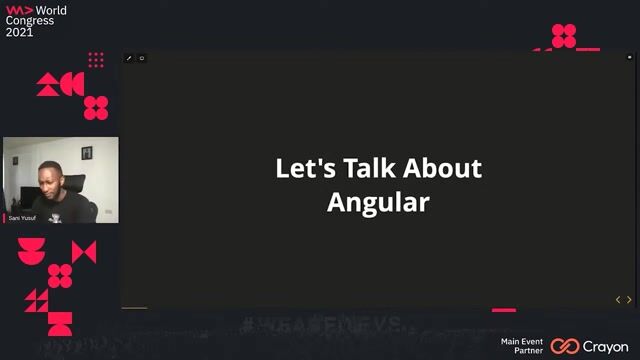 36:22
36:22Angular Features You Should be Using
Sani Yusuf
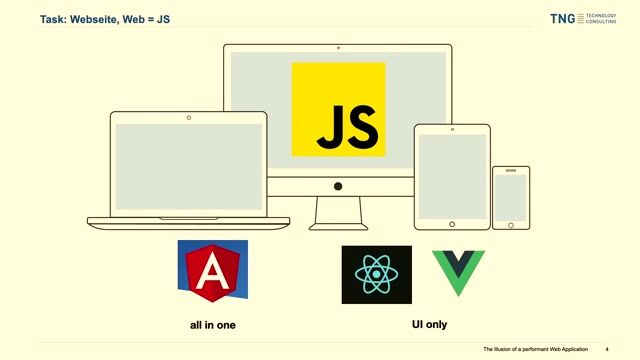 28:56
28:56The Illusion of a Performant Web Application
Cathrin Möller
 50:28
50:28Angular tips/tricks you can use from tomorrow on
Benedikt Starzengruber
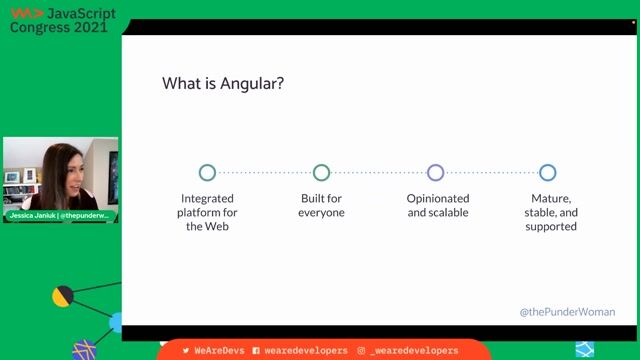 41:34
41:34State of Angular
Jessica Janiuk
 29:11
29:11Angular Magical directives
Valentine Awe
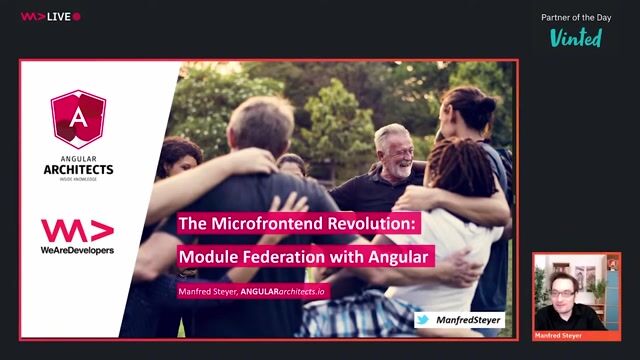 33:18
33:18The Microfrontend Revolution- Using Webpack 5 Module Federation with Angular
Manfred Steyer
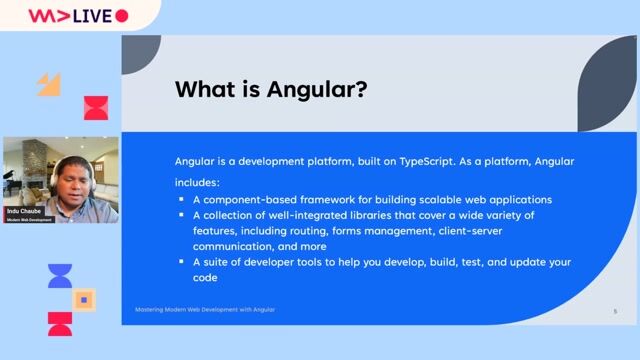 58:56
58:56Angular Unleashed: Mastering Modern Web Development with Angular
Indu Chaube
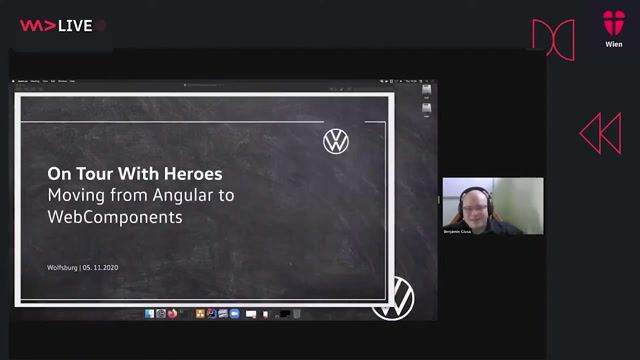 43:08
43:08On tour with heroes == Moving from Angular to WebComponents
Benjamin Glusa
From learning to earning
Jobs that call for the skills explored in this talk.


Frontend Developer (Angular)
Picnic Technologies B.V.
Amsterdam, Netherlands
Intermediate
Senior
CSS
RxJS
JavaScript










Frontend Developer (Angular / TypeScript / SaaS)
Hopla Software
Barcelona, Spain
Remote
Intermediate
API
React
Python
Angular
+1




Front End Software Developer - Angular
TechXperts Recruitment
York, United Kingdom
Remote
€45-60K
CSS
HTML
Azure
+4


Fullack Developer - NodeJS / Typescript / HTML / SCSS / Angular / NextJs
Codext GmbH
Ilshofen-Vellberg, Germany
€55K
API
CSS
HTML
NestJS
+4

